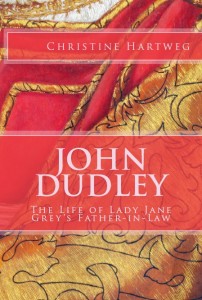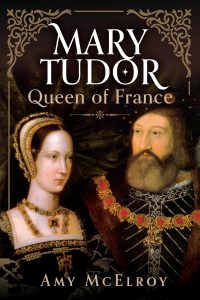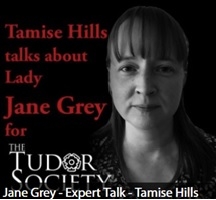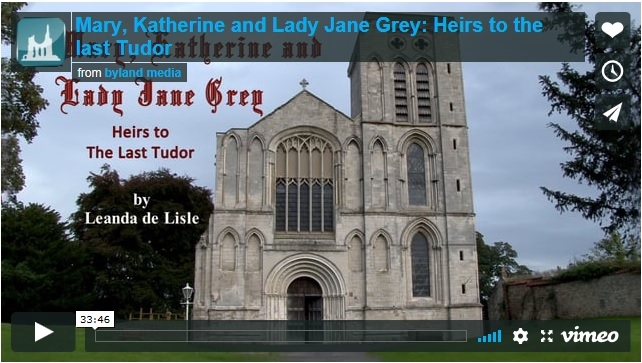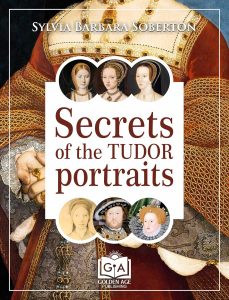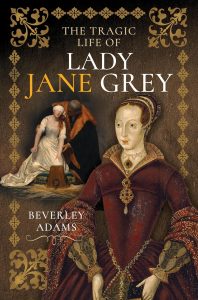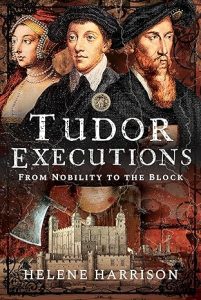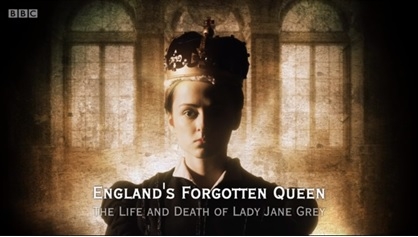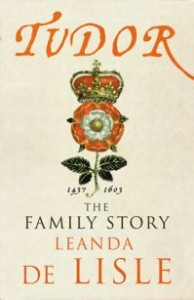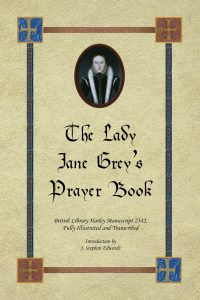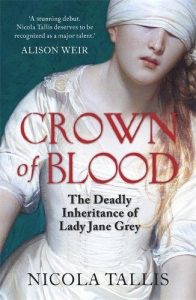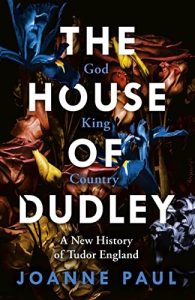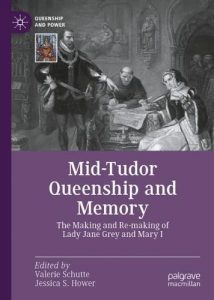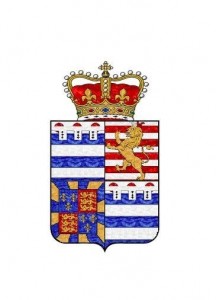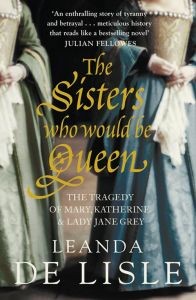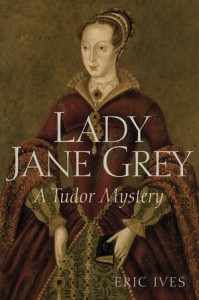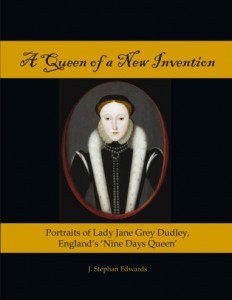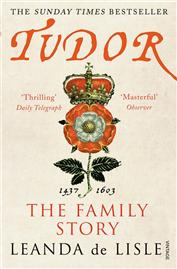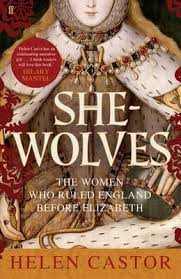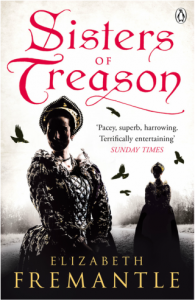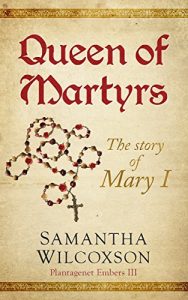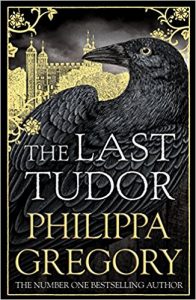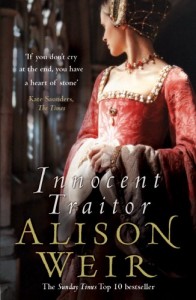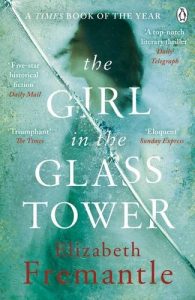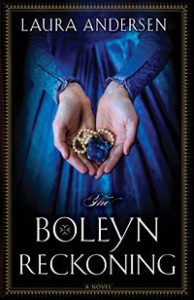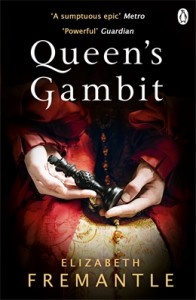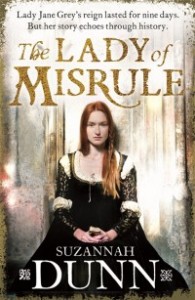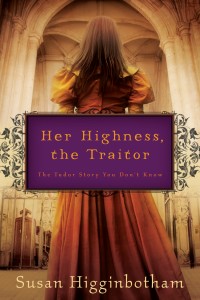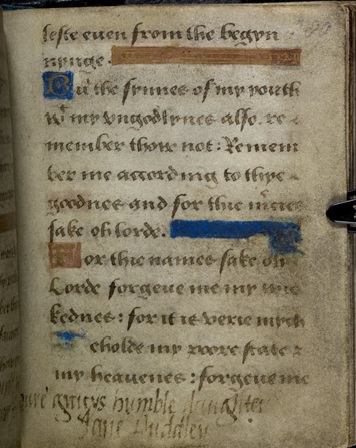Christine Hartweg is the author of ‘John Dudley: The Life of Lady Jane Grey’s Father-In-Law’ and also runs the All Things Robert Dudley web site.
To buy ‘John Dudley: The Life of Lady Jane Grey’s Father-In-Law’:
Follow Christine on Social Media:
Twitter: @BuffHistory
Facebook: Elizabeth, Robert and the Renaissance
Many thanks to Christine for answering my questions.
Why did you choose this subject for your book?
I first read about John Dudley in Hester Chapman’s biography of Lady Jane Grey, and I instantly liked him a lot (this may seem surprising for he is a 99% villain in that book). This was about 1998, and some ten years later I was reading and re-reading some of his letters and in a sense from this time deep down I felt an urge to tell his story.
What does your book add to existing works about John Dudley?
Lots of little details! I have included a lot about his family, like his brothers, his wife, and of course his 13 children. I discuss their possible birth dates, all of them, and I have found some fascinating details on their lives and marriages. How John’s son and heir did not organize his career while his daughter Mary did organize her romantic life tells us something about John himself. I also think he had rather interesting half-sisters and nephews. I have tried to let him and the others come alive through their own words, or at least through the words of ambassadors and chroniclers. I trust readers will know when they should take them with a pinch of salt!
Why did you choose to describe him as ‘Lady Jane Grey’s Father-in-Law’ in the title rather than as Duke of Northumberland?
I decided not to use “Duke of Northumberland” chiefly because there are already books with this title, and also because “Northumberland” is such a long word. On the other hand, I thought to have Lady Jane Grey in the subtitle would be a good idea; after all, the wider public usually associates John Dudley with her story.
Do you think Edward VI or John Dudley was the instigator of the ‘Devise for the Succession’?
I do believe that Edward himself wanted to debar his sisters from the throne, although it is likely he had some help (or took advice) when it came to naming his cousin Jane Grey as time was running out. I am inclined to believe John Dudley’s own words that he was not the “original doer” of the whole thing. I think Edward’s “devise” contains elements that rule out that it was urged on him by John or anyone else. As it was originally, the “devise” was simply too impractical with its emphasis on putative male heirs and putative female regents; also, Edward was clearly thinking in the long term and at the time of writing believed he could have adult male heirs himself.
Does your portrayal of John Dudley differ from previous books?
That would depend on the book! My John Dudley is ambitious, but he has a heart and he has charisma. I have tried to present John Dudley in his world; we meet many other people there and I think it is important to show that he had close dealings with them. To even say this sounds perhaps ridiculous, but he has too often been portrayed as a sort of social pariah who had no friends. He has sometimes almost been edited out of peoples’ lives. I hope by simply mentioning William Cecil, Thomas Gresham, the Parrs, the Seymours, or the Greys, and many, many more, the reader gets a feel for these networks.
What do you think is the worst false story about John Dudley?
Probably that he was slowly poisoning Edward VI and that he even exchanged his body for another youth’s body, whom he had also murdered. Another, less graphic, myth is that he personally insinuated to the Duke of Somerset that he must execute his brother, Thomas Seymour. The sources claiming this are all post-August 1553 and there are letters that contradict the “fact” that John was in Somerset’s company at the time he took that decision.
Why do you think ‘that Jane believed his unpopularity to have sprung up with his downfall’ (p.232)?
The words “after his taking” (meaning “after his arrest”) may be crucial. Jane said about John: “and after his taking so hated and evell spoken of by the comons? and at his coming into pryson so wonderyed at as the like was never harde by any man’s tyme.” It occurred to me that maybe Jane really was not aware of his unpopularity as long as she lived at court or at Bradgate. It is also a possibility that his unpopularity has generally been over emphasized. Edward VI’s biographer Jennifer Loach, for example, believed that John Dudley was a charismatic figure who was “likely to attract support” in the summer of 1553. I’d suspect Jane developed her extreme dislike of her father-in-law about the time of his (and her) downfall (although I’d also suspect she never liked her mother-in-law).
What made you suspicious of Richard Davey’s account in ‘The Nine Days’ Queen’ of John’s goodbye (on the morning of his execution)to his son Guildford?
I of course loved this story when I first read it in Hester Chapman’s biography of Lady Jane Grey and it stuck in my memory. Then I read Leanda de Lisle’s articles and interviews (and also her book) where she showed that the description of Jane was almost certainly a forgery by Davey, whom she described as a fraudster. In 2011 I returned to the Guildford story when I looked into sources for a blogpost on John Dudley’s last morning. Although I would have loved to use the story I was already suspicious because it seemed rather sentimental, but also because I had serious doubts about state prisoners being allowed to visit each other in the Tower. I was extra apprehensive because I had it from Chapman’s book, which I had noticed wasn’t terribly reliable. As it turned out she had the story from Richard Davey’s book, which thanks to the internet I could now check. “[H]e pressed [Guildford] again and again to his breast, sighing and weeping a deluge of tears, as he kissed him for the last time.” – I found the wording extremely suspicious, and he wrote it could be found in ‟Brussels Archives, entitled, Les evenements en Angleterre, 1553-4″. O.k., I am not an archivist, but I think the catalogue number is missing and what is Brussels Archives? After I reading what Leanda de Lisle had to say about Davey, I simply had to believe this was another fake.
Why did you start your website ‘All Things Robert Dudley’?
I believed for a long time that it was complicated to set up a blog/website and that I had to pay for it, so it didn’t occur to me. The day after I had found out it was free and simple, I started my own blog. I wanted to share snippets of information about the Dudleys that I found in my research, although I ended up posting articles. My obsession with Robert Dudley also started in about 1998, reading J. E. Neale’s biography of Elizabeth I, but in the beginning it was totally independent from my interest in John Dudley.

